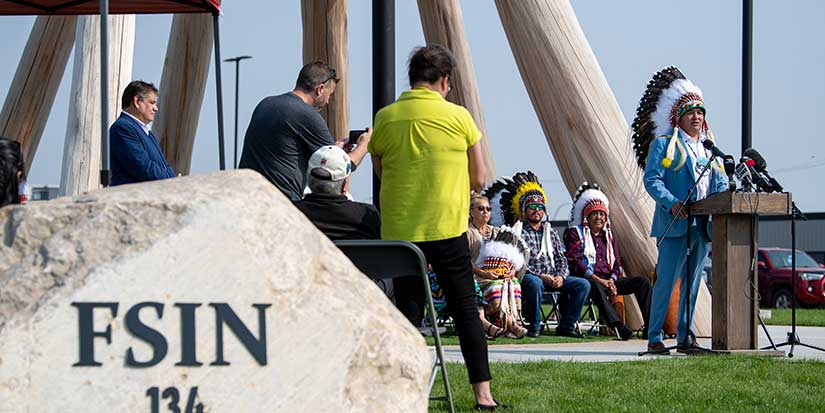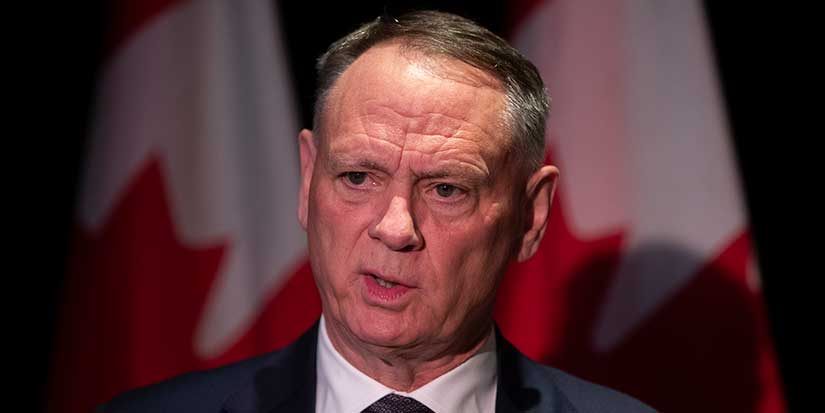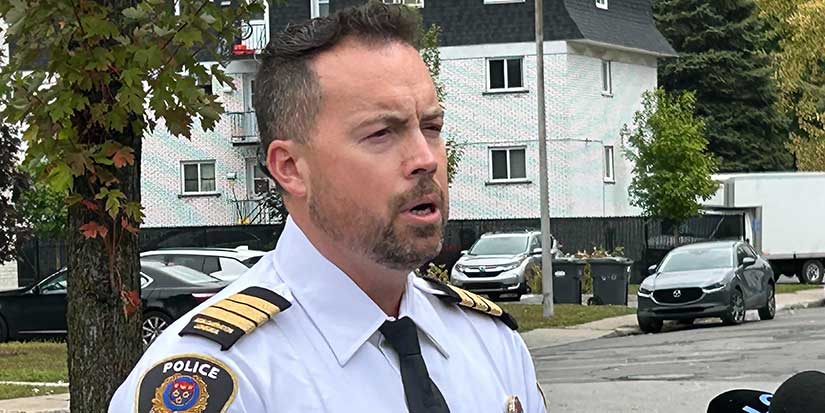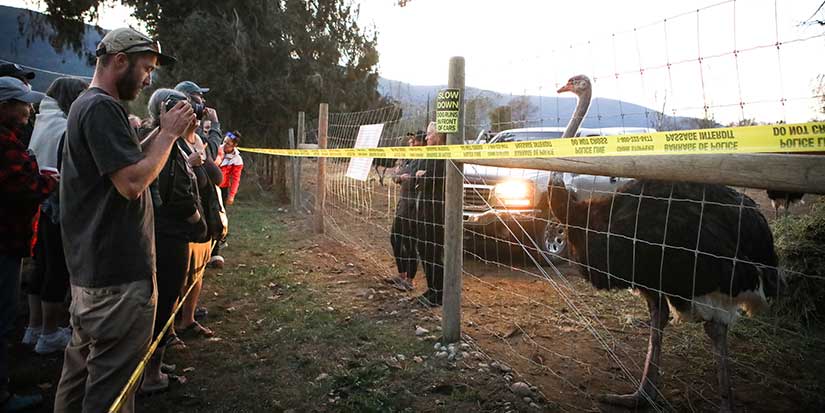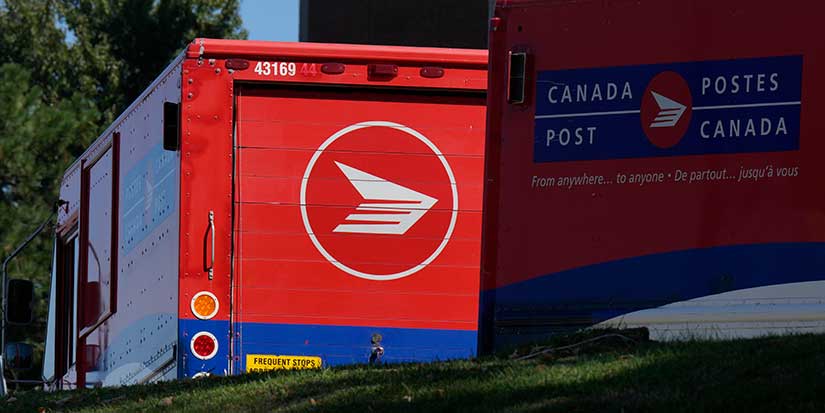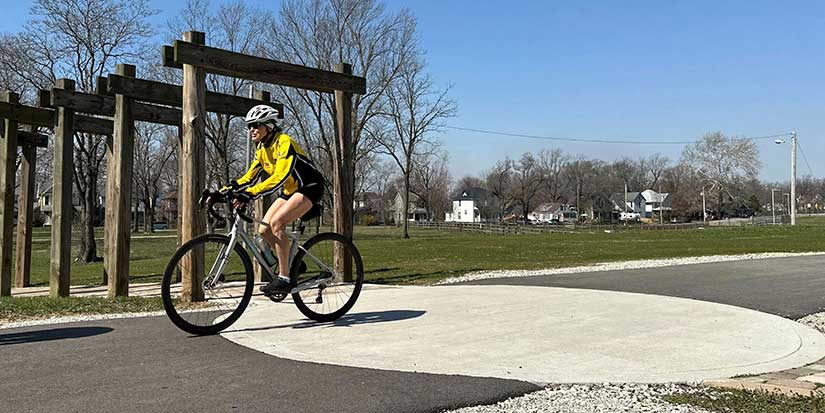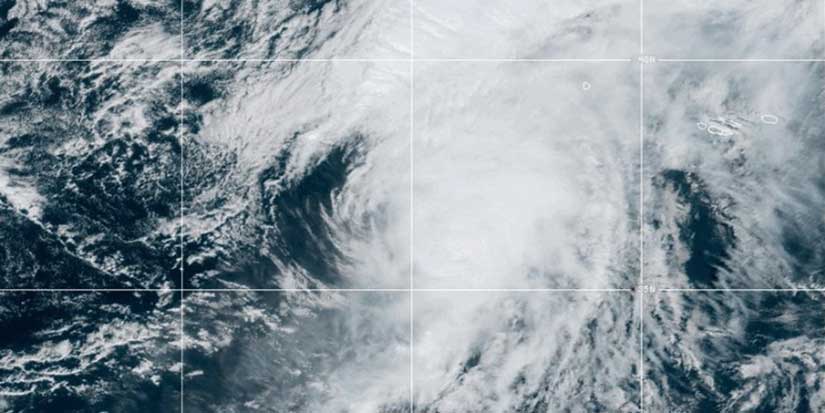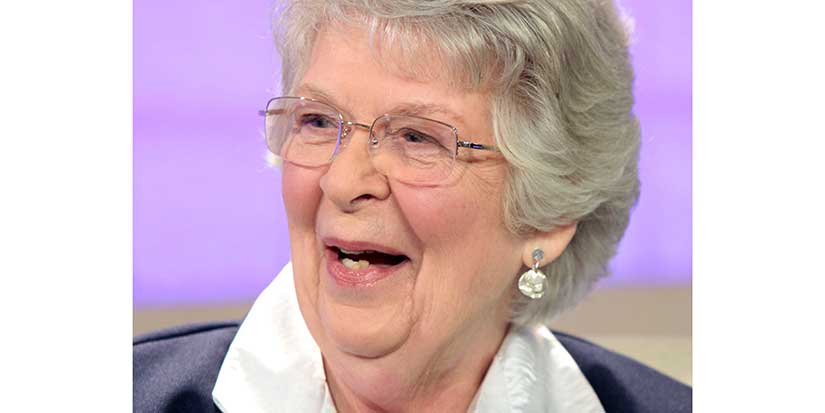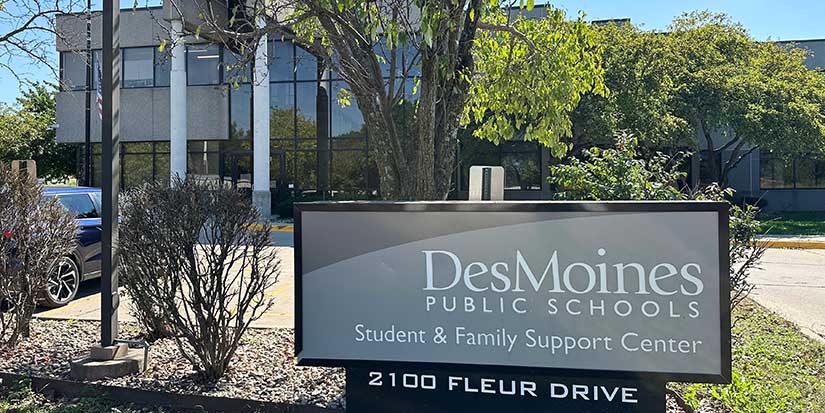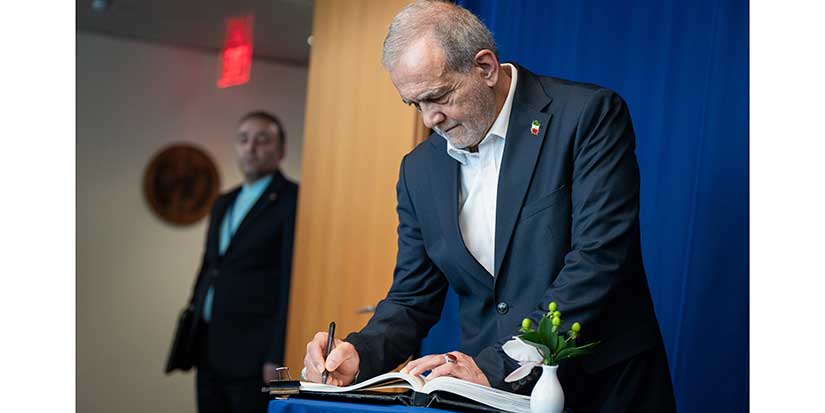Latest News
A public health approach to cannabis legalization

With legalization fast approaching, there is
much speculation as to what the potential impact cannabis regulation may have
in our communities.
As an agency that supports and helps those
using substances, we will remain dedicated to providing holistic treatment
programs, and a nuanced prevention approach that incorporates harm reduction
messages and health promotion initiatives. We will continue to respond to the
needs of the community as we all adapt to the changing landscape during this
time of transition.
What we do know is that there will be new
laws regulating recreational cannabis that take effect Oct. 17, with aims to
accomplish three goals: keeping cannabis out of the hands of youth, keeping
profits out of the hands of criminals, and protecting public health and safety
by allowing adults access to safe, legal cannabis.
Richmond Addiction Services Society agrees
that regulation is an important step towards addressing cannabis use in Canada.
However, we urge the municipal, provincial/territorial, federal, and Indigenous
peoples’ governing agencies to consider the following recommendations in order
to meet the objectives of the stated goals:
• Comprehensive funding to all levels of
prevention including but not limited to: health promotion initiatives, public
education, harm reduction services, treatment services.
• Price and profit controls including
restrictions around distribution, taxation that will be redistributed to
prevention and treatment programs, tax rates established based on THC
concentrations, pricing regulations that minimize the potential for a black
market, sales from government-run or approved outlets only, and not to be
co-located with sales of alcohol or tobacco.
• Product restrictions including prohibiting
branding, advertising, promotion or sponsorship of events, labelling
requirements that communicate risks, concentrations, ingredients and what an
average standard dose may be.
• Supplier restrictions including
restrictions on THC concentrations, supplier training, licensing requirements.
• Customer restrictions include age, use
location, maximum purchase quantities, proof of residency, driving
restrictions, and enhanced penalties for sales personnel and adults who supply
cannabis to those who are underage.
These recommendations support a public health
perspective to cannabis legalization, which considers the potential risks and
benefits of substance use.
Although there is still much we need to learn
about the effects of cannabis use, we do know that early and regular use of
cannabis results in the greatest harms. Youth in Richmond have similar rates of
cannabis use as Vancouver, with youth accessing cannabis through the illicit
market. Although it’s unlikely that legalization will eliminate the illicit
market completely, it has the potential to limit the involvement of illegal
activities. We also recognize that problematic substance or behaviour use is
often symptomatic of underlying bio-psycho-social-spiritual-environmental
issues and adopting an integrated approach that ensures adequate programs and
services are in place when new policies are implemented will help reduce
negative outcomes. At RASS, we will continue to focus on programs that promote healthy
and whole individuals, families and communities because we know that when
people feel empowered, connected and valued, substance use drops. This includes
building individual capacity and nurturing resilience as we adapt to the
changing environment where drugs are already accessible.
Lastly, regulatory frameworks must be
flexible to adapt to surprises or challenges that may arise. This requires
thorough and comprehensive data collection and analysis in order to monitor the
impact of the new regulatory framework. We also know, from lessons learned in
the States of Colorado and Washington, that it is easier to start with more
restrictive measures and scale back.
It is often difficult for communities to
address complex issues such as drug policy and drug use, and Richmond is no
different. We encourage everyone to engage in dialogue that involves curiosity,
a deep level of empathy, and is contingent on one another truly listening to
each other. Let us engage in the vital conversation of what is happening in
people’s lives and how Richmond can collectively create and participate in a
society where all people are supported and included.
For the full Canadian Centre for Substance
Abuse and Addiction report on lessons learned in Colorado and Washington State,
please visit: tinyurl.com/CannabisinUS
To access a parent’s guide to cannabis and
youth, please click.
Visit WorkSafeBC on how to prepare for
cannabis legalization in the workplace. To view
the Cannabis Act click.
Dianne Milson is board president of Richmond
Addiction Service Society.












